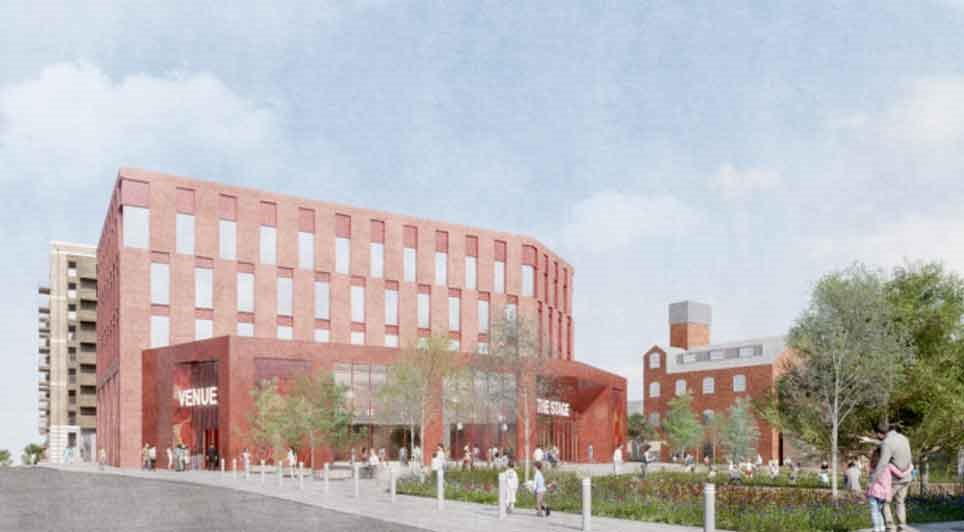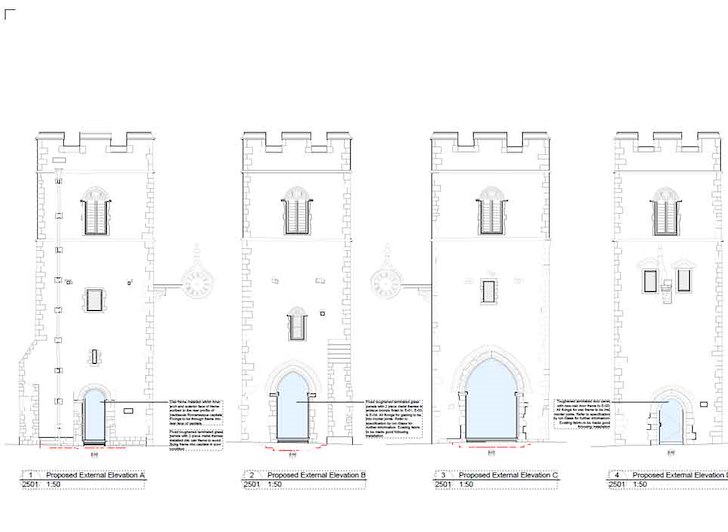Almost 65,000 people with disabilities, including those with profound physical disabilities and mental health problems, are at risk of losing their homes because of a government decision to cut support for mortgage interest payments for vulnerable people.
The National Housing Federation says 64,000 people who rely on Support for Mortgage Interest payments will be at risk of plunging into arrears in October when mortgage support from the Government is reduced from the current rate of 6.08% to bring it into line with the Bank of England average mortgage rate .
Ministers announced the decision to cut Support for Mortgage Interest payments in the June emergency budget as a means to cutting public spending, but have not published a comprehensive impact assessment of the changes and the way they will affect those with disabilities.
The Federation says that the decision will have a massive impact on disabled home owners across the country who receive the Support for Mortgage Interest payments. All those affected will be at risk of falling into debt, as they struggle to keep up with their mortgage payments, falling into arrears, and eventually losing their home.
Around 59,000 people with disabilities who use Support for Mortgage Interest payments are those with a range of health issues, who use it to help them pay mortgages on homes they have bought through outright sale.
However, a further 5,000 people with profound physical disabilities and mental health problems have used the state support to secure niche mortgages to pay for shared ownership homes – provided by housing associations – through which purchasers buy between 25-75% of the property and pay rent on the rest.
Federation Chief Executive David Orr said: "The Government's decision to cut Support for Mortgage Interest payments will mean that thousands of people with disabilities will quickly find that their homes are at risk.
"The decision to cut Support for Mortgage Interest payments is particularly harsh way to try to bring public spending down as it will hit thousands of vulnerable people with disabilities, who wouldn’t be able to own a home outright or purchase through shared ownership in any other way."
(CD)
 UK
UK Ireland
Ireland Scotland
Scotland London
London

.gif)




















